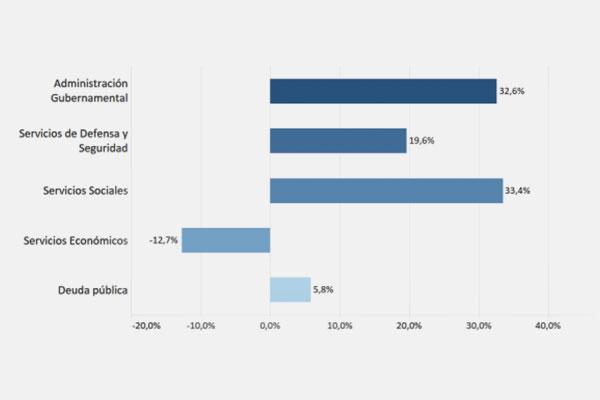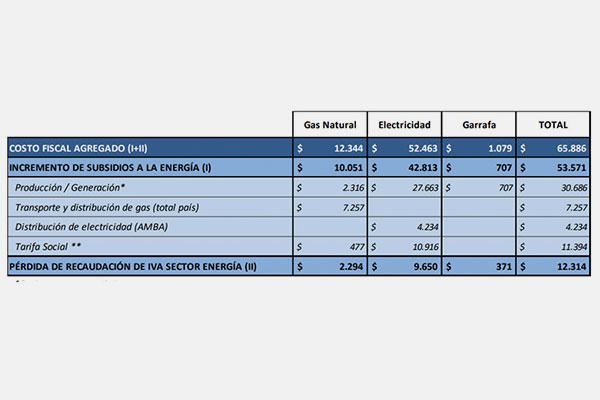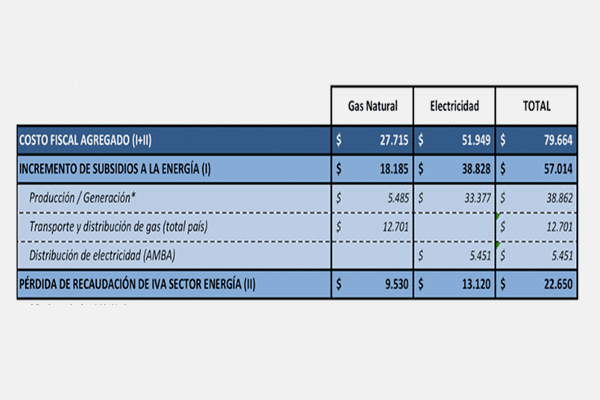
ANALYSIS OF THE 2017 NATIONAL GOVERNMENT FINANCIAL REPORT
Pursuant to the provisions of Section 95 of Law No. 24,156, the Executive Branch submitted the 2017 Financial Report to the National Congress, before June 30.
In 2017, the negative economic outturn of AR$431.53 billion was 60.2% higher than budgeted, reflecting an increase of 42.7% with respect to 2016. The Primary Balance deficit was AR$301.35 billion, 28.7% above the initial budget and with a growth of 71.8% compared to 2016. Finally, the Financial Balance showed an imbalance of AR$616.59 billion, 28.2% higher than budgeted and expanding by 30.7% with respect to the financial deficit of the previous year.



